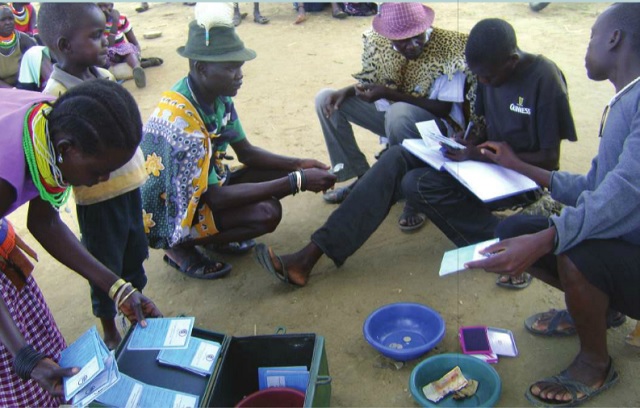
COMMENT: By Morris Komakech
Every poverty eradication effort exacerbates it and perpetuates worse outcomes in the long term
My friend Ojotre and his fiancee have travelled through many countries in Africa. They have marveled at the sight of expensive government guzzlers – four-wheel drives – emblazoned with big inscriptions such as “Poverty ‘Eradication’ or ‘Alleviation’ Programs”, and yet everywhere they have visited, unusual forms of poverty confronted them. This couple has wondered as to why African governments extol publicly an onerous task upon which they have no control.
Poverty alleviation is a hoax. Poverty eradication is a myth. One obsession of governments and international donors is this patronage and ruse that they intend to eradicate or alleviate absolute poverty. Many of these people use that phrase to mean many different things at different levels depending on their role and the powers they hold. Poverty alleviation/eradication could mean exploitation, underdevelopment, political capital, power over (patronage), and imperialism (neoliberalism – emerging markets). There is a whole industry and market out there where poverty is a commodity.
What constitutes poverty is highly perceptional, relative, and political. As a political object, poverty is framed to justify a mobilising ideology, as an international development issue; it is framed to conjure a sense of benevolence and sympathy. Incidentally, every effort at eradicating poverty only exacerbates it. Every poverty alleviation/eradication attempt has provided temporary fix and perpetuated worse outcomes for the long term, including producing disease and further helplessness/dependency.
To understand poverty, we have to understand what it is not – wealth, abundance, access, equitable society, power, social class privileges, and the manner in which societies and economies are organised and operationalised. Once we appreciate fully the structural systems that produce, reproduce, and transmit power globally and locally, we then can courageously grapple with poverty as the function of societal inequality resulting from that power relations and its controls production.
Thence, to alleviate poverty one has to focus on the pervasive inequalities in society that deprive people of resources and opportunities. The antithesis of poverty, therefore, is providing equal opportunity for production and distribution of resources. People can get out of poverty if they have ownership over their means of production and the products of their labor. When people have control over their environment and control over the requisite tools to harness and take sway over their environment, then they can emerge out of poverty. However, in all these poor countries, the glaring lack of infrastructure to support wealth creation and distribution, as well as the unequal rules of global trades and transnational movements, inextricably bind disadvantaged people to absolute loss of control over production, labour, capital, and environment. Poverty, therefore, is systemic and structural such that “alleviation” or “eradication” are obscurantist strategies.
 The Independent Uganda: You get the Truth we Pay the Price
The Independent Uganda: You get the Truth we Pay the Price



